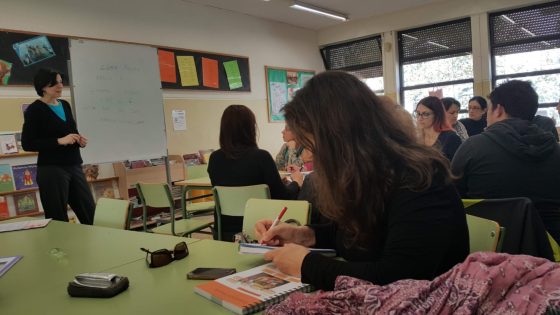On February 17, 2025, a hundred new Catalan speakers signed a manifesto urging the government to create 200,000 annual spots for Catalan language courses. These speakers, born outside Spain, believe that access to the language should be universal. But how can this be achieved?
- New Catalan speakers demand language access
- Call for 200,000 annual Catalan course spots
- Courses insufficient for over two million interested
- Request for workplace Catalan training programs
- Society urged to use Catalan without prejudice
- Online platform launched for new speakers' signatures
The demand highlights the challenges many face in enrolling in these courses, especially in rural areas. With over two million people interested in learning Catalan, the current offerings are simply not enough.
Why Are 200,000 Catalan Course Spots Essential for New Speakers?
Why is it crucial to expand Catalan language courses? The demand for learning Catalan is rising, yet many still face barriers. With limited course availability, how can the government ensure everyone has the opportunity to learn?
Understanding the Barriers to Learning Catalan
Many new speakers are struggling to find accessible courses. The current offerings often clash with work and family commitments, making it difficult for individuals to participate. Here are some key barriers:
- Insufficient course availability in rural areas.
- Incompatible schedules for working individuals.
- Limited outreach from educational institutions.
- High demand with over two million interested learners.
Community Support for Catalan Language Learning
Community involvement is essential for promoting the Catalan language. Local organizations can play a significant role by:
- Creating informal learning groups.
- Offering free courses at workplaces.
- Facilitating access to cultural activities.
- Encouraging the use of Catalan in daily life.
The Role of Businesses in Language Education
Businesses can contribute to language learning by providing free Catalan courses during work hours. This approach not only benefits employees but also fosters a more inclusive workplace. Imagine a scenario where learning a new language becomes part of your daily routine—how much more connected would you feel?
In conclusion, expanding access to Catalan courses is vital for fostering a multilingual society. By addressing barriers and encouraging community support, new speakers can thrive and fully integrate into Catalan culture.






























